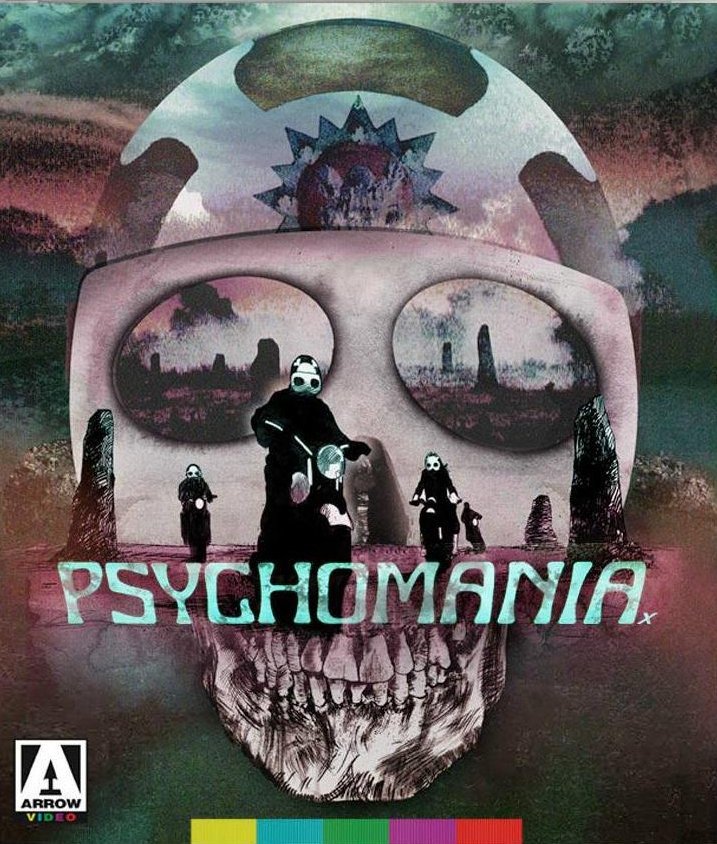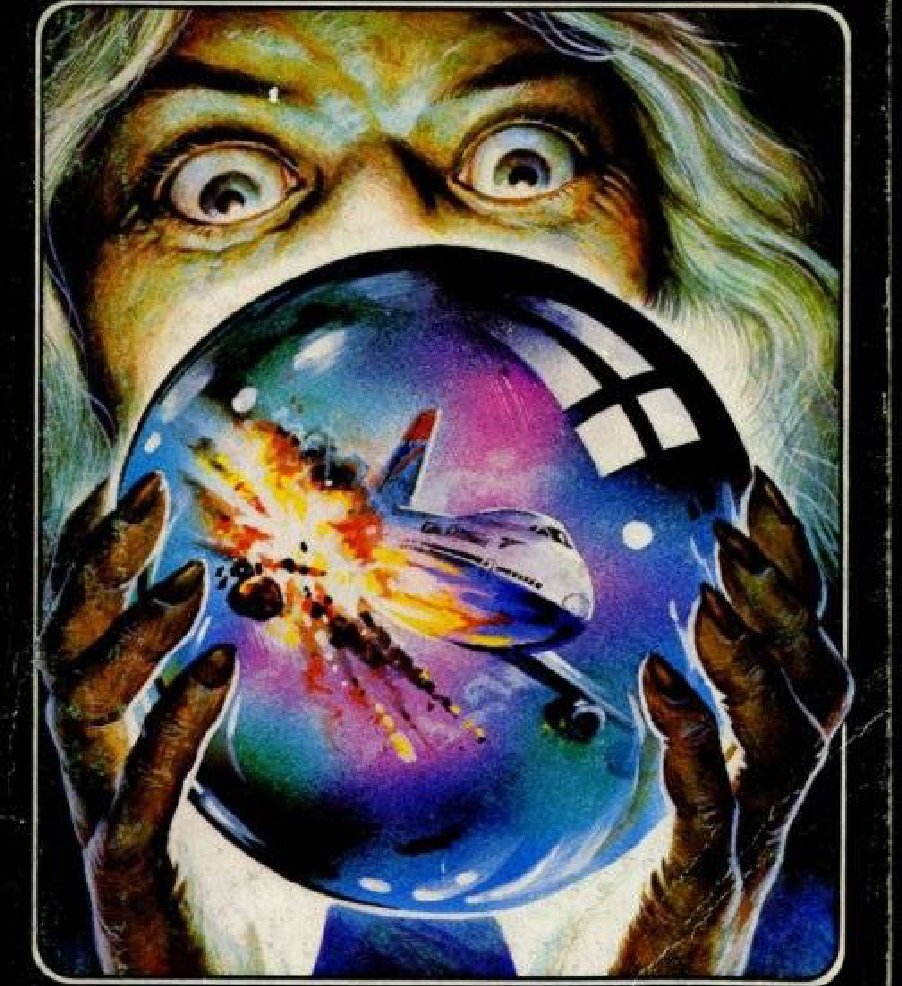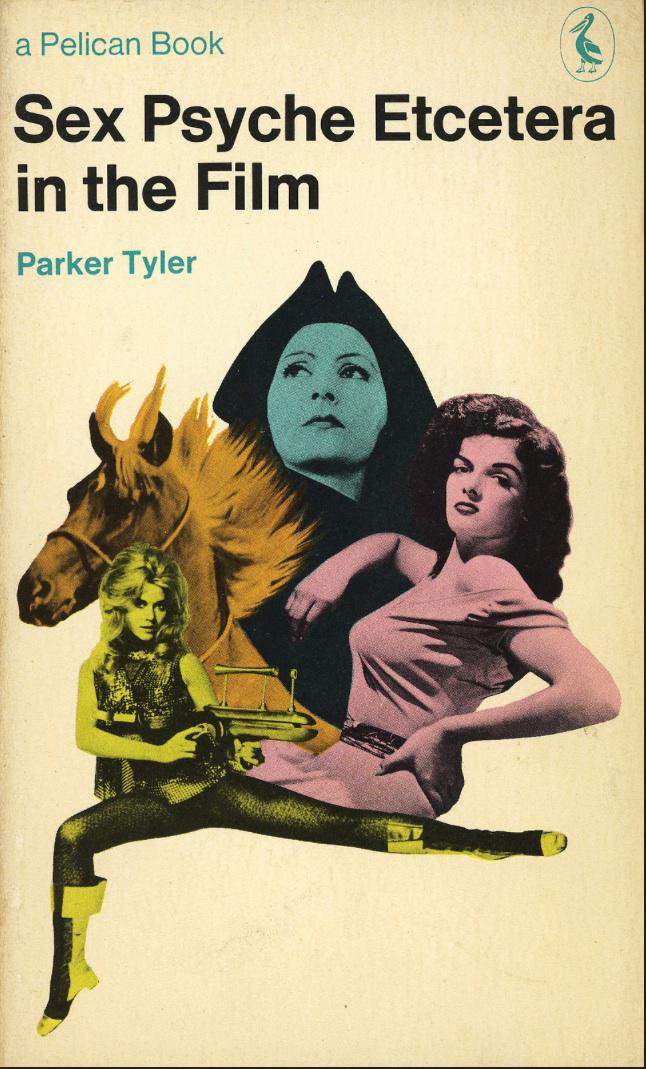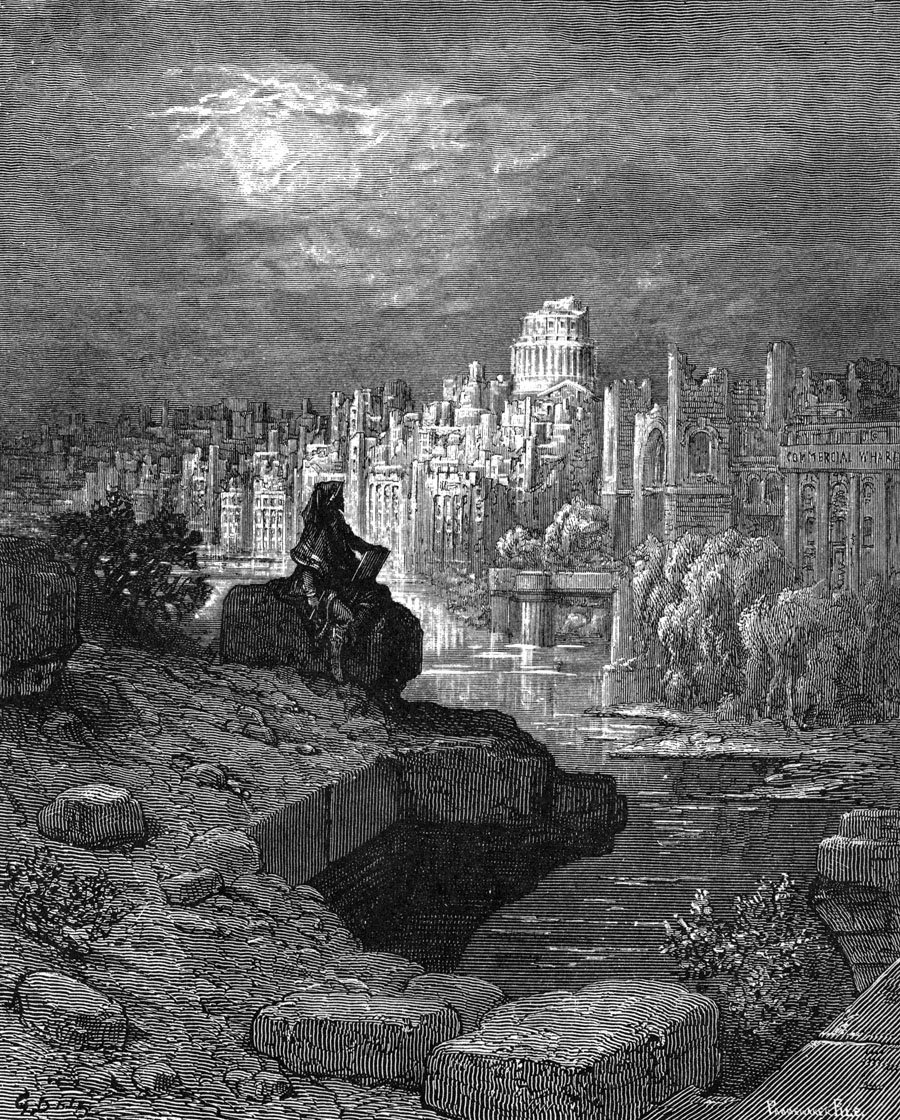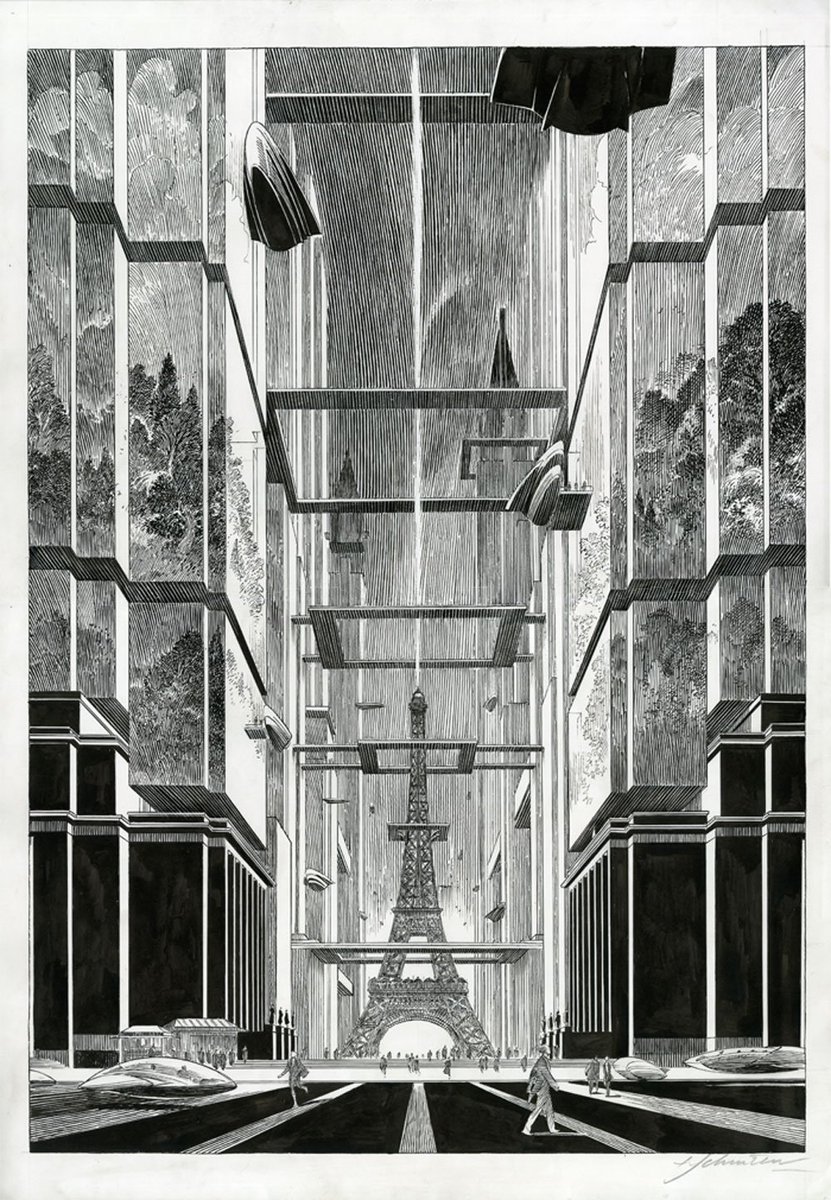Time to look back at the glory that was Smash Hits magazine. Posters, lyrics and a free badge please... #FridayFeeling 

Smash Hits was created by ex-NME editor Nick Logan and launched as a monthly magazine in September 1978, with Belgian new-waver Plastic Bertrand on the cover. 

The monthly format only lasted a few issues however: sales were phenomenal and Smash Hits soon switched to fortnightly publication. 

The big selling point of Smash Hits was it published lyrics to chart songs. If you were listening to AM radio - or taping the Top 40 with your finger hovering over the pause button - it was the only way to reliably understand what some artists were actually singing about! 

True story: for years I thought the lyrics to Vienna by Ultravox went "It means nothing to me... old piano!" because I'd taped it on an old C60 cassette from Top Of The Pops. 

At its peak Smash Hits sold half a million copies every fortnight and versions were published in France and Australia. Getting the cover spot was the sign you had definitely made it in pop - at least for a while. 

The success of Smash Hits spawned a number of rival publications, but the Smash Hits brand and its strong sales ensured it remained the go-to magazine for music pluggers, #PR people and wannabe pop journalists. 



Neil Tennant was assistant editor of Smash Hits during the 1980s before launching the Pet Shop Boys. Had the band not succeeded he would have pursued a career in music journalism. 

The Smash Hits Poll Winner's Party became a must-watch annual TV event in the late 1980s, not least the 1991 awards when presenter Phillip Schofield was rugby tackled by Carter USM after they trashed the stage!
Alas sales began to slide in the 1990s as Smash Hits tried to reposition itself as an entertainment magazine. It wasn't enough though, and Smash Hits folded as a publication in February 2006. 

Pop music mags were a staple of teenage life in the 80s and 90s, and Smash Hits is still fondly remembered today. Collecting them is relatively cheap and who knows - you may even learn the right lyrics to your favourite song too!
More stories another time...



More stories another time...



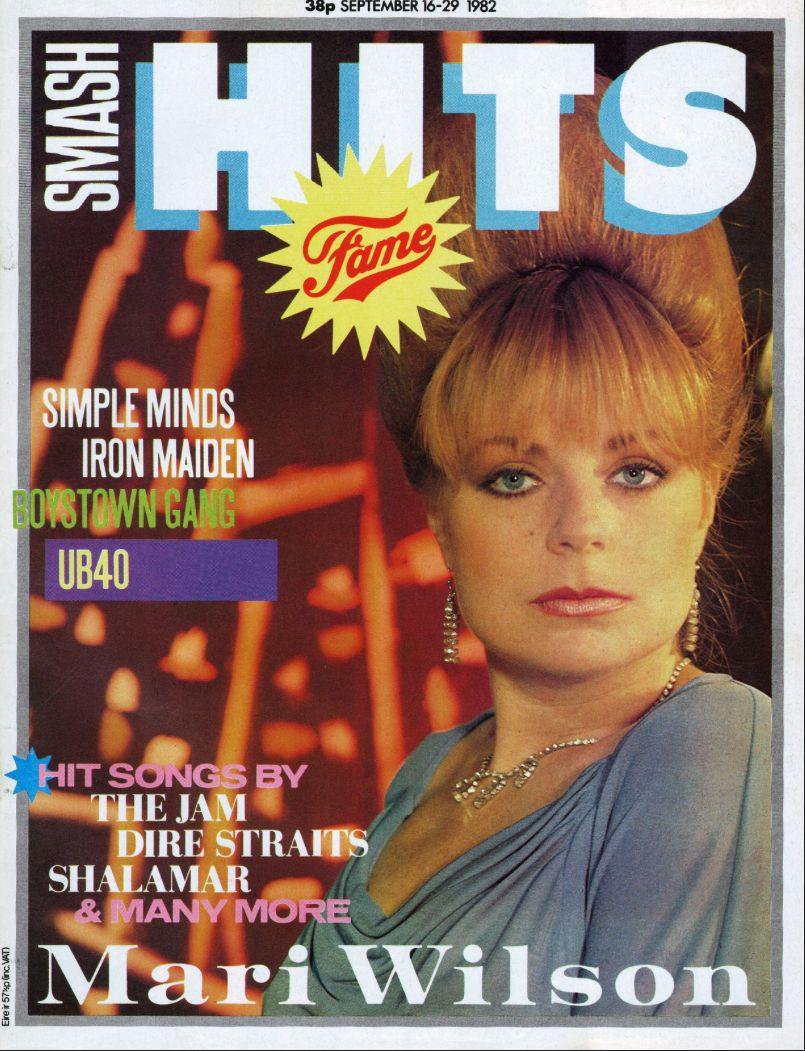
• • •
Missing some Tweet in this thread? You can try to
force a refresh


